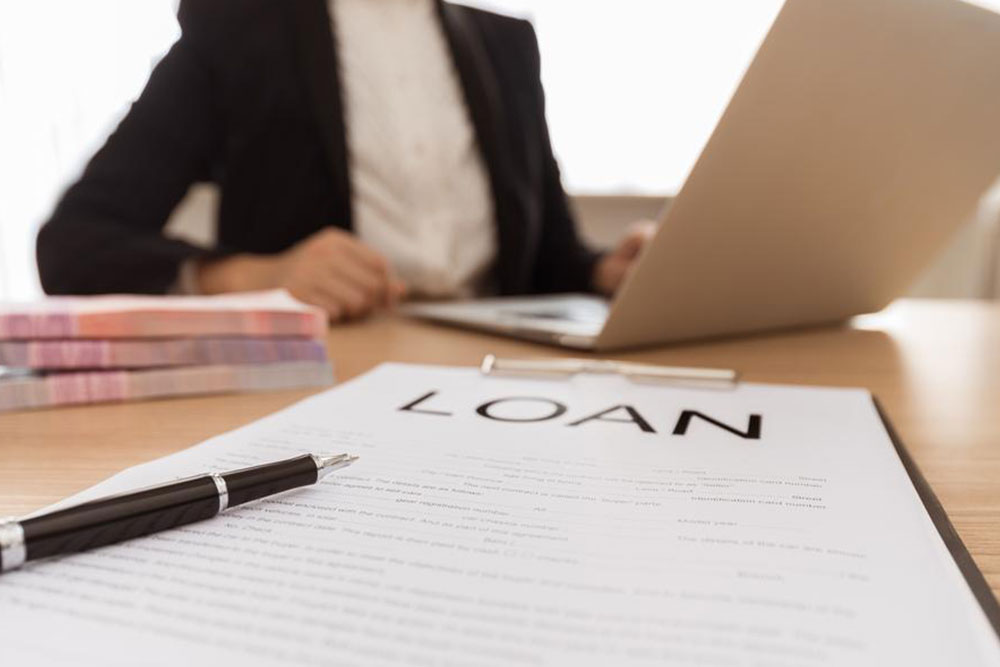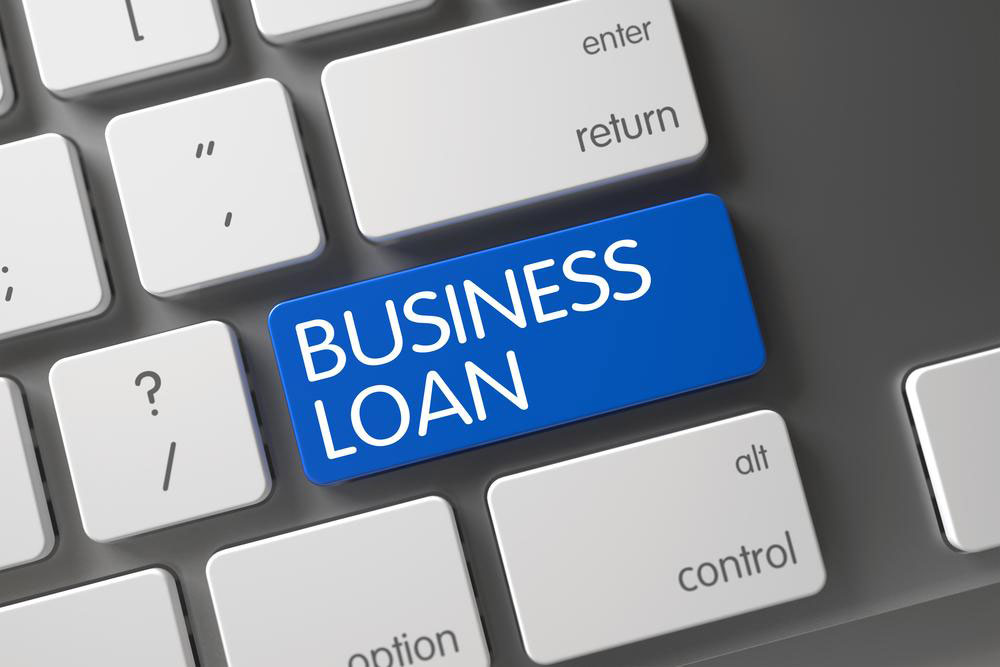Comprehensive Guide to Secured Business Loans for Small Enterprises
This comprehensive guide explains secured business loans, including SBA-backed options and personal guarantees, offering valuable insights for small business owners seeking reliable funding solutions. Understand collateral types, loan procedures, and how to improve approval chances to support your business growth.

Comprehensive Guide to Secured Business Loans for Small Enterprises
Starting or expanding a small business often requires access to funding that can help turn your vision into reality. Among the various financing options available, secured business loans are a popular choice for entrepreneurs seeking reliable and flexible funding sources. However, understanding what secured business loans entail, their types, and how they work is essential for making informed financial decisions. This article provides an in-depth exploration of secured business loans, clarifies common misconceptions, and guides you through the key options available in the market today.
What Are Secured Business Loans?
In the simplest terms, secured business loans are loans that require the borrower to provide collateral—an asset or assets that the lender can claim if the borrower defaults on the loan. Collateral can take many forms, such as real estate, inventory, equipment, or other valuable assets owned by the borrower. The fundamental purpose of this security is to protect the lender’s investment, ensuring there’s a fallback if the borrower is unable to repay the debt.
Having collateral significantly reduces the risk for lenders, often resulting in more favorable loan terms for borrowers, such as lower interest rates and longer repayment periods.
Often, when small business owners hear about secured loans, they associate them with personal guarantees or government-backed programs, notably those through the Small Business Administration (SBA). Let’s delve deeper into these categories to understand the specifics and benefits of each.
Personal Guarantees in Business Lending
A personal guarantee involves the borrower pledging personal assets—such as a home, savings, or other valuables—to secure the loan. If the business fails to meet repayment obligations, the lender has the legal right to seize these assets to recover the owed amount. This approach often applies to new or small businesses that might lack sufficient collateral. The advantage for lenders is a lower risk, which can, in turn, lead to more attractive loan terms such as lower interest rates or higher borrowing limits.
For business owners, offering a personal guarantee means committing personal assets, which requires careful consideration. It's important to assess the potential risks and benefits before proceeding with this type of loan arrangement.
SBA-Backed Business Loans: An Overview
The U.S. Small Business Administration (SBA) provides guarantee programs that enable small businesses to access funding through partner lenders such as commercial banks or credit unions. While the SBA itself does not lend money directly, it guarantees a significant portion of the loan, often up to 85%. This guarantee reduces the lender’s risk and makes it easier for small businesses to qualify for financing.
SBA-backed loans are widely used because of their lenient qualification requirements, competitive interest rates, and flexible repayment terms. Among the several SBA loan programs, the SBA 7(a) loan is the most prominent and frequently utilized by small businesses across various sectors.
SBA 7(a) Loans: An In-Depth Look
The SBA 7(a) loan program is designed to support small business growth by providing access to up to $5 million in funding, which can be used for multiple purposes such as purchasing equipment, renovating commercial premises, refinancing debt, or working capital needs. This versatility makes the 7(a) loan an ideal solution for entrepreneurs looking to fund various aspects of their business development.
The repayment terms for SBA 7(a) loans vary based on the purpose of the loan: up to 7 years for working capital, 10 years for equipment, and up to 25 years for real estate acquisitions. This flexibility allows borrowers to choose a repayment schedule that aligns with their cash flow and long-term business plans.
Interest rates for SBA 7(a) loans are determined by the lenders but are capped at a maximum rate set by the SBA. This ensures that borrowers are protected from excessively high interest charges, promoting affordability and stability.
The approval process for SBA loans can take several weeks to months, depending on the loan amount, completeness of application, and other factors. To increase the likelihood of approval, applicants should maintain strong financial records, a good credit score, and a clear business plan. Visiting the official SBA website or consulting with experienced lenders can provide valuable guidance for preparing a successful application.
For more detailed information on qualifying for SBA loans and application procedures, you can refer to resources such as:
https://www.fundera.com/business-loans/guides/guaranteed-business-loans#howtoqualify
https://www.nerdwallet.com/blog/small-business/small-business-loans-sba-loans/
In conclusion, secured business loans—particularly SBA-backed options—offer small businesses an accessible pathway to funding with favorable terms. Understanding the different types of secured loans, the requirements, and the application process can significantly improve your chances of securing the capital needed to grow and sustain your business.





